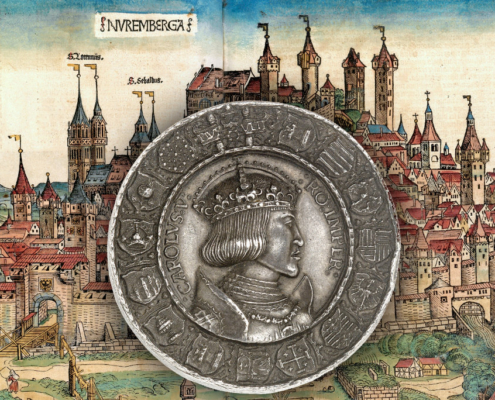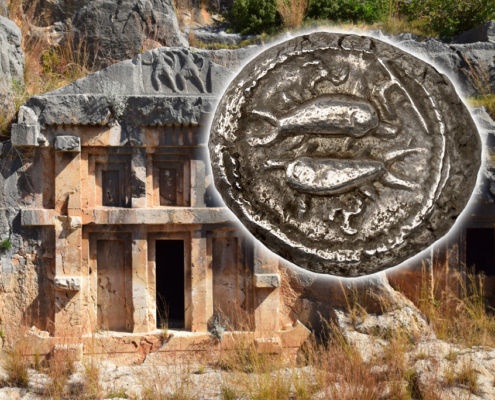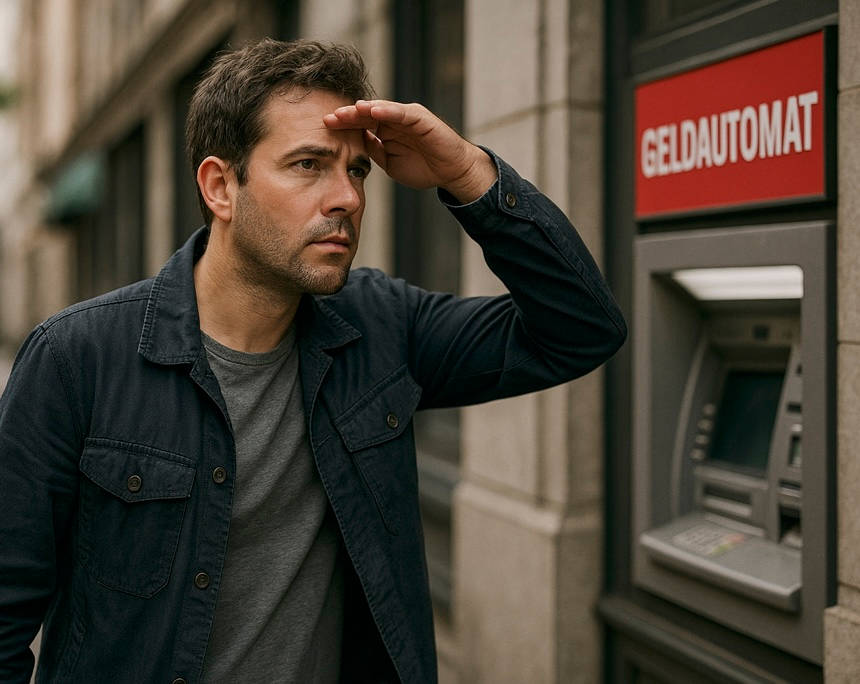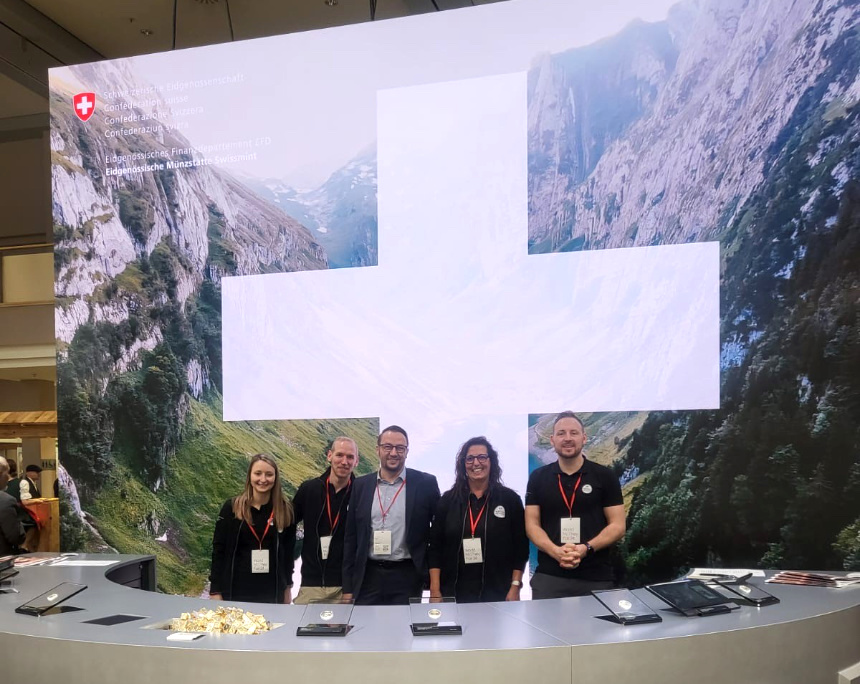Archive: People and Markets
Access to Cash Becoming More Difficult: Bundesbank Sees Growing Challenges
Despite declining numbers of ATMs and bank branches, the Bundesbank currently still considers access to cash in Germany to be secure. However, in its March 2025 monthly report, it warns of clear downward trends.
Switzerland is “Guest of Honor” at the World Money Fair 2025
Next year, Switzerland will be the guest country at the World Money Fair. The Federal Mint Swissmint has a very special highlight in store for the fair: it will be presenting the 100-franc Gold Vreneli anniversary coin to the world for the first time.
Archive: Coins, Medals and more

A Medal Made by Dürer as the Official Gift of the City of Nuremberg for Charles V
On 29 January 2025, auction house Künker will be auctioning an object of major art-historical importance in Berlin: the very Albrecht Dürer himself had been commissioned by the Nuremberg City Council to create the dies for medals that were to be officially handed to Charles V during his entry into the city in 1521.

The History and Coinage of Lycia
With its clear blue water, picturesque beaches and a fascinating landscape, Lycia has won over the hearts of many people. On the occasion of Künker’s sale of the Sayar Collection, Johannes Nollé explores the history of this region on Turkey’s southern coast.










Meeting of the Oriental Numismatic Society 2024 in Tübingen
The annual international conference on Islamic numismatics will take place in Tübingen from May 4 to 5, 2024. The program tempts you to spend the first weekend in May in beautiful Tübingen!
A Numismatist at the Head of the British Museum?
Following the resignation of the British Museum’s director and his deputy, the board of trustees has already filled one position on an interim basis. Surprisingly, the numismatist Sir Mark Jones has been proposed as interim director.